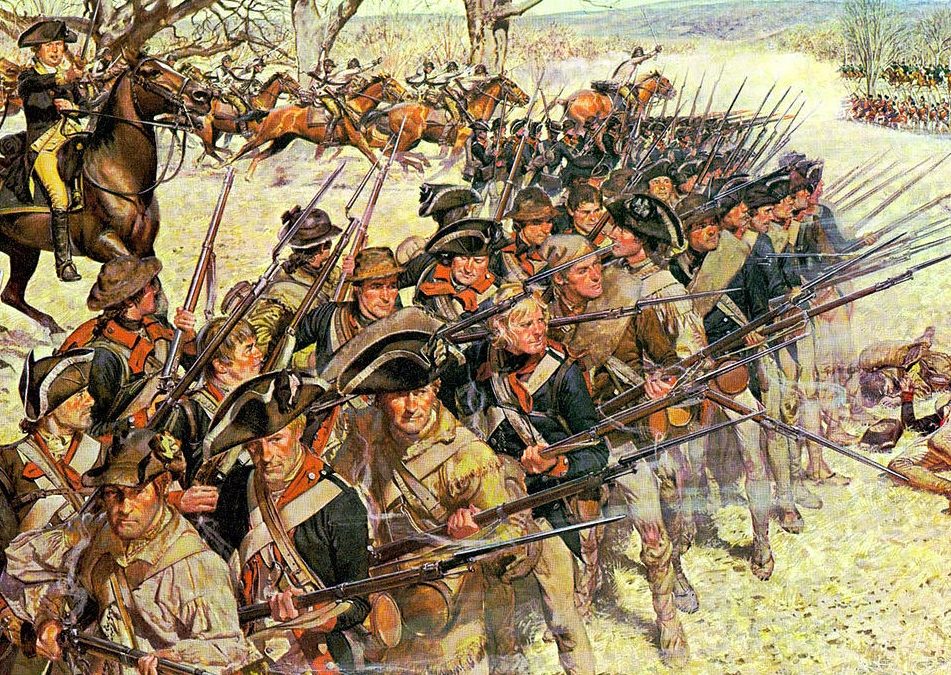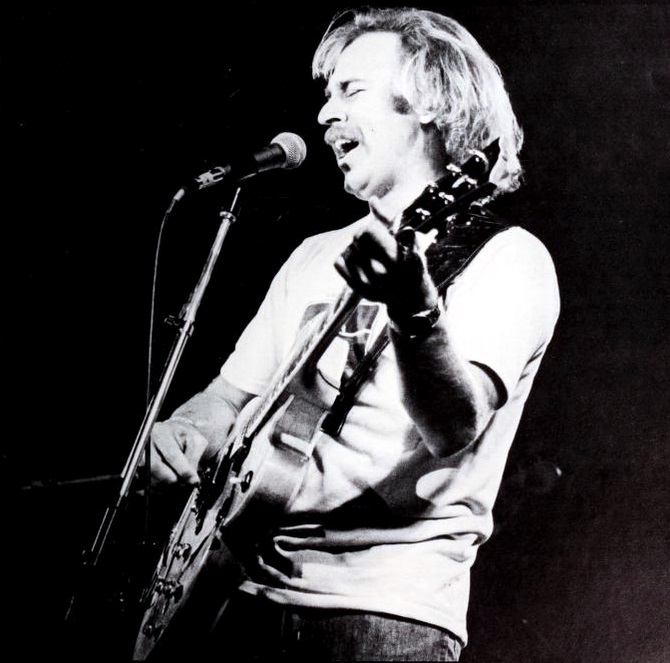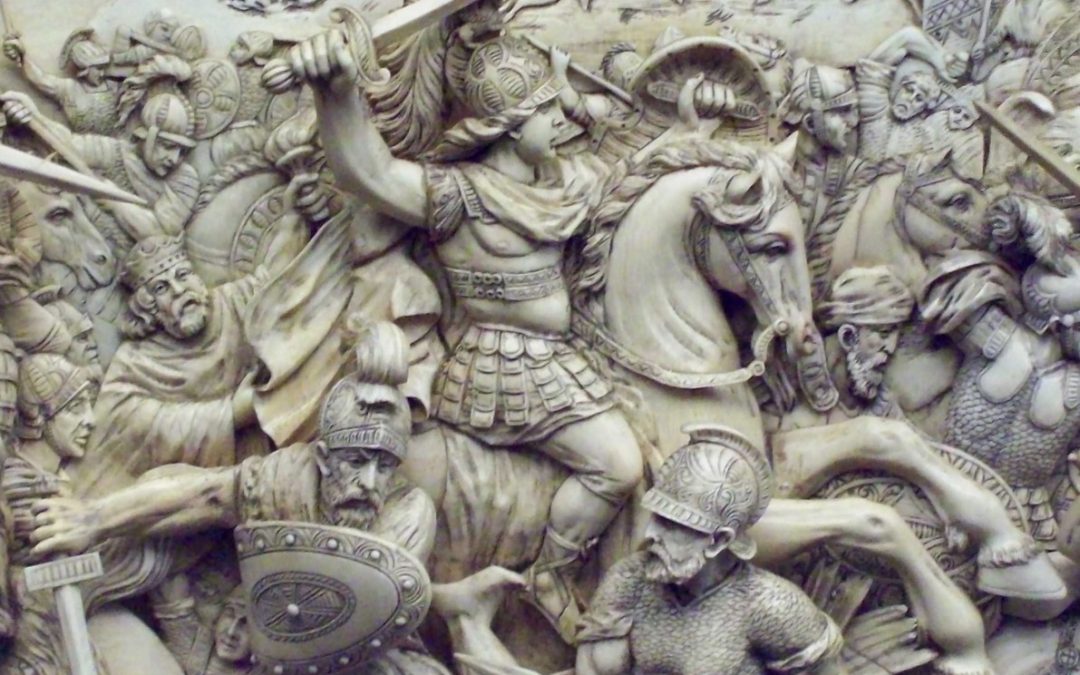by Richard Subber | Jul 1, 2019 | Book reviews, Books, Books Commentary, History, World history
much was not lost…
Book review:
The Map of Knowledge:
A Thousand-Year History
of How Classical Ideas Were Lost and Found
Violet Moller
New York: Doubleday, 2019
312 pages
It’s quite possible that Moller offers much more than you already know about Euclid’s The Elements (c300 BCE). and Ptolemy’s The Almagest, (c150 CE), and the many published works on anatomy and medicine by Galen (130-210 CE).
The Map of Knowledge is a scholarly account of the preservation of knowledge from ancient times to the present day. I bet you can guess that it’s not a beach book.
Moller forgot to mention that throughout the centuries, most human beings on the planet couldn’t read or write, and so it was the lucky, the gifted, and the self-selected few who preserved important knowledge for the benefit of succeeding generations. Think about a version of Fahrenheit 451, stretched over the centuries.
Go ahead, read Fahrenheit 451 again.
* * * * * *
Book review. Copyright © Richard Carl Subber 2019 All rights reserved.
Book review: Tales from Shakespeare
good summaries by Charles and Mary Lamb…
–
My first name was rain: A dreamery of poems with 53 free verse and haiku poems,
and the rest of my poetry books are for sale on Amazon (paperback and Kindle)
and free in Kindle Unlimited, search Amazon for “Richard Carl Subber”
* * * * * *

by Richard Subber | Jun 25, 2019 | American history, Book reviews, Books, History, Revolutionary War
a new look…
Book review:
The British Are Coming:
The War for America, Lexington to Princeton, 1775-1777
by Rick Atkinson
New York: Henry Holt and Company, 2019.
776 pages
Atkinson offers an appealing mix of academic rigor and entertaining prose. This is both a history and an expertly rendered story about the early stages of the American Revolutionary War.
If you think you know a lot about this critical time during our history, read The British Are Coming to broaden your knowledge and your understanding. If you’re working at being a student of the Revolution, dig in.
* * * * * *
Book review. Copyright © Richard Carl Subber 2019 All rights reserved.
A glimpse of the millennial dawn…
witness to the song of the sea…
a nature poem
“Chanson de mer”
click here
Boz indeed!
Charles Dickens delivers,
in a fastidiously literary kind of way…
click here
–
Above all: Poems of dawn and more with 73 free verse poems,
and the rest of my poetry books are for sale on Amazon (paperback and Kindle)
and free in Kindle Unlimited, search Amazon for “Richard Carl Subber”
* * * * * *

by Richard Subber | Jun 13, 2019 | Book reviews, Books, Joys of reading
a discursive ramble…
Book review:
Shooting an Elephant and Other Essays
by George Orwell (1903-1950)
Jeremy Paxman, intro.
New York: Penguin Books, 2009
375 pages
Of course, Shooting an Elephant has Orwell’s must read piece: “Politics and the English Language” (1946).
“Why I Write” is a peacefully discursive ramble in the mind of a consummate writer. Orwell candidly says “…I think there are four great motives for writing, at any rate for writing prose.”
These are:
- Sheer egoism—“It is sheer humbug to pretend that this is not a motive, and a strong one.”
- Aesthetic enthusiasm—“Perception of beauty in the external world, or, on the other hand, in words and their right arrangement.”
- Historical impulse—“Desire to see things as they are, to find out true facts and store them up for the use of posterity.”
- Political purpose—“using the word ‘political’ in the widest possible sense. Desire to push the world in a certain direction, to alter other people’s idea of the kind of society that they should strive after.”
“Bookshop Memories” is half a martini’s worth of good reading for any book lover who has spent a little time (or a lot of time) in an old used book store that has that old book smell, and shelves stuffed with books from floor to ceiling so you have to kneel down to inspect the ones on the bottom shelf, and an old guy with a careless beard at the ancient cash register, and a cat that can’t be bothered to pay any attention to the loitering bibliophiles…
Orwell is one of the writers that Coleridge had in mind when he mentioned that good prose is “words in their best order.”
Paxman’s introduction is a decent substitute for a reflective conversation with Orwell about writing.
Shooting an Elephant has almost two dozen examples of what Orwell could do with pen and paper. He died too young.
* * * * * *
Book review. Copyright © Richard Carl Subber 2019 All rights reserved.
Mary Jane Oliver, R. I. P.
She wrote so many of the right words…
–
Seeing far: Selected poems with 47 free verse and haiku poems,
and the rest of my poetry books are for sale on Amazon (paperback and Kindle)
and free in Kindle Unlimited, search Amazon for “Richard Carl Subber”
* * * * * *

by Richard Subber | Apr 24, 2019 | Book reviews, Books, Joys of reading
don’t start singing right away…
Book review:
A Pirate Looks at Fifty
Jimmy Buffett (b1946)
New York: Ballantine Books, 1998
Full disclosure: I’m not a Parrothead, but I’m related by blood to a gen-you-wine Buffett fan, so I take the liberty of using familiar language, even though “the king of somewhere hot” has never seen me and isn’t likely to in this earthly paradise…
A Pirate Looks at Fifty is a memoir-ish book by Himself, written more than 20 years ago, I spotted it in the local library’s discarded book sale bin and I did the right thing.
Seems to me, for starters, no one should ever discard a book full of Jimmy Buffett stuff, he’s just so much in love with life and he is a magnet for vicarious attention, I dare you to read Pirate without getting at least a fleeting urge to head for the islands and see the world through Jimmy’s eyes.
You don’t even have to read the whole book (actually, I confess, I didn’t), just read as much as gets the juices flowing and then get on with your regular life, and you can dip into it again any time you want. Buffett’s music and Buffett’s style are a buffet—grab what you want, anytime, sing along as the spirit moves, and go back for more whenever…
You don’t even have to like margaritas to get the full, slobbering, belly laugh, hijinksed, hot damn but mucho mellow effect when you sing along with Jimmy about the Mexican cutie and the lost shaker of salt.
I double dare you to not sing a couple verses and the refrain right now, you have to, really…
* * * * * *
Book review. Copyright © Richard Carl Subber 2019 All rights reserved.
A poem about the right thing
…and the lesser incarnation…
“Vanity”
–
Seeing far: Selected poems with 47 free verse and haiku poems,
and the rest of my poetry books are for sale on Amazon (paperback and Kindle)
and free in Kindle Unlimited, search Amazon for “Richard Carl Subber”
* * * * * *

by Richard Subber | Apr 5, 2019 | Book reviews, Joys of reading, Language, Poetry, Reviews of other poets
no need for a treasure map…
Book review:
The Poems of Robert Frost
With an Introductory Essay “The Constant Symbol”
by Robert Lee Frost (1874-1963)
New York: The Modern Library/Random House, Inc., 1946
In his opening essay, Frost says “…poetry…is metaphor, saying one thing and meaning another, saying one thing in terms of another, the pleasure of ulteriority. Poetry is simple made of metaphor.”
My copy of The Poems of Robert Frost is a treasure ship with two old, stained green covers. I’ve been reading it for more than 50 years. It’s a bit beat up, but when I open it, it shines.
I’m not reckless enough to name “my favorite” poem—I keep changing my mind as I read through them again. Frost is a teacher. He has found so many of the right words, and he has put so many of them in the right order.
I always enjoy “The Last Word of a Bluebird (as told to a child).” The Crow carries the little Bluebird’s final message to Lesley. In his low voice he brings word about the north wind and the impending winter cold that drives the Bluebird away. The compassionate bird urges Lesley to be good, and promises that “…perhaps in the spring/He would come back and sing.”
I’m waiting for the spring, and I have a good book to help me pass the time.
* * * * * *
Book review. Copyright © Richard Carl Subber 2019 All rights reserved.
Book review: The End of Greatness
Aaron David Miller comes up short…
click here
As with another eye: Poems of exactitude with 55 free verse and haiku poems,
and the rest of my poetry books are for sale on Amazon (paperback and Kindle)
and free in Kindle Unlimited, search Amazon for “Richard Carl Subber”
* * * * * *

by Richard Subber | Mar 30, 2019 | American history, Book reviews, Books, History, World history
No, the “Great Man” theory won’t scour…
Book review:
The End of Greatness:
Why American Can’t Have
(and Doesn’t Want) Another Great President
by Aaron David Miller (b1949)
Palgrave Macmillan, New York, 2014
280 pages
First things first: Miller’s title sets him up for failure. It defies even the murkiest conception of common sense to argue that Americans don’t want a great president. I hazard the guess that it’s impossible to define “great president” in a way that would satisfy most readers.
More substantially, The End of Greatness isn’t a worthwhile read for me because, right up front, Miller acknowledges his endorsement of the “Great Man” theory of historical understanding that was championed initially in the 1840s by the Scottish writer Thomas Carlyle. The theory is often cited but it has only quite diminished standing today, as most historians and informed thinkers believe that durable circumstances and the complex dynamics of human interaction have much more impact than “Great Men” on our lives and on history as it unfolds. So, Miller gets started on the wrong foot, and his arguments can’t overcome the narrowness of his analysis.
“Where are the giants of old, the transformers who changed the world and left great legacies?” Where are the leaders who “will author some incomparable, unparalleled, and ennobling achievement at home or on the world stage, an achievement likely to be seen or remembered as great or transformational?” Miller cites rebellions and revolutions as “crucibles for emerging leaders.”
He can’t escape defining “greatness” and offers: “defined generally as incomparable and unparalleled achievement that is nation- or even world-altering.” A couple pages later he digs the hole deeper when he equates greatness with military, political, economic and “soft” power. Incredibly, Miller declares “Greatness in the presidency may be rare, but it is both real and measurable,” and he temptingly alludes to “traces of greatness” in several contemporary presidents, while arguing “Greatness in the presidency is too rare to be relevant in our modern times.”
Miller makes it official on page 10: Lincoln was one of the great presidents. Lincoln once dismissed another man’s argument by saying “it won’t scour,” as 19th century farmers said that a plow “won’t scour” when it failed to easily let the clods slide off the plowshare.
I think Miller’s thesis won’t scour. He mistakenly asserts that a few great leaders should get much of the credit for history’s “transformations.” He frames his arguments with words that can’t be acceptably, explicitly defined on the grand historical scale that he uses: what is and what isn’t, specifically and unarguably, a “great legacy”? a “transformation”? an “unparalleled achievement”? a “trace of greatness”?
The End of Greatness relies on great big categories and a deceptive positive spin to discuss a little idea, and to make a gratuitous point that really can’t be proved or disproved.
Full disclosure: I didn’t read the whole book. The Introduction stopped me cold.
* * * * * *
Book review. Copyright © Richard Carl Subber 2019 All rights reserved.
We Were Soldiers Once…and Young
…too much death (book review)
Lt. Gen. Harold G. Moore (ret.)
and Joseph L. Galloway
–
My first name was rain: A dreamery of poems with 53 free verse and haiku poems,
and the rest of my poetry books are for sale on Amazon (paperback and Kindle)
and free in Kindle Unlimited, search Amazon for “Richard Carl Subber”
* * * * * *




